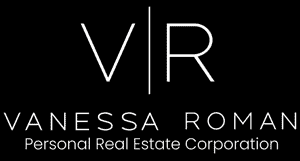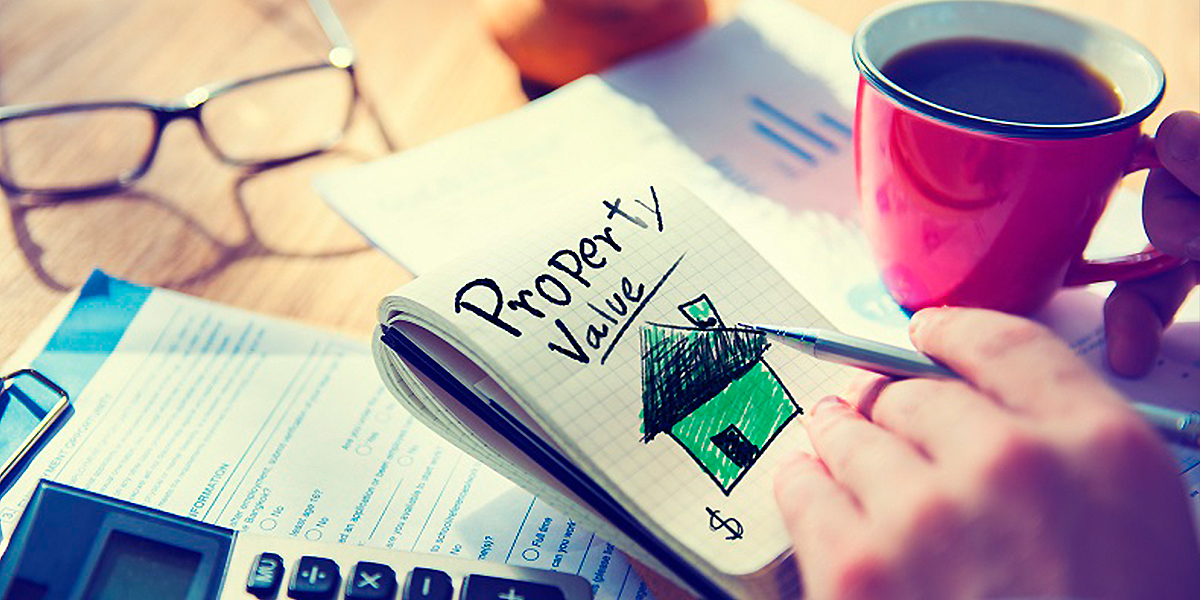There are definitely things that will lower the value of your home, other things which will limit your ability to increase value and some things which are essentially a non-issue for re-sale value. The trick is learning which is which.
Smoking is an example of something which isn’t good for you anyway, but also drastically lowers the value of a home. A survey of realtors by Pfizer Canada suggested properties where the owner or tenant smoked could lose up to a third of their value. Even if it was as low as 10 per cent, it is still an extra incentive to quit.
By contrast, your neighbours can be a bit of a crap shoot. They might be your best friends who maintain a perfect lawn or they could be loud and anti-social. The trick is to always do your best to keep relations cordial so their behaviour does not cause a buyer to choose another place to call home.
Location is also a factor which affects the value of a home. For example, living on a flood plain or in an area with forest fire risks may be a potential factor in future price and saleability. Likewise having a lovely waterfront location or a property surrounded by trees could increase the value of a home substantially.
Once you are in your chosen home, you may wish to make improvements. If they affect the outside, you should check with the city to see if any special permits or permission is required before you start construction. That’s a practicality of cost if you’re later told to reverse a change, but it also reduces tension with neighbours and ensures you don’t go too wild in areas which might have historic protections or height restrictions, etc. If you are hoping to avoid conflict with neighbours, certainly chat to them in advance of an application to gauge their reaction and support or opposition. And talk to a real estate agent like me about what improvements or extensions could boost, not harm, the property value.
Those are long-term aspects, but in the short term, when you’re actually selling, you know I’m a fan of putting effort into making the outside and inside of a property tidy and presentable. But you should be keeping up with appearances constantly, particularly as neglecting things such as your roof could cause problems for your immediate cash flow and your long-term value.
As well as factors you can control, there are aspects of the neighbourhood you can not. If the school struggles with quality or is closed in favour of a new site further away; if crime goes up or down; even if there’s a change in public transport routes nearby – all can influence what value a potential buyer attaches to your home if you want to sell.
Overall, don’t feel necessarily hemmed in by worrying about property value. If you want to add something to your home and someone says it will lower the value, it is ultimately your choice (provided it gets city planning permission). You have to love your home, otherwise it is not a good investment – that’s a different kind of value. Changing it down the line will make it more attractive to others, turning personal value into the monetary kind.
– image source: yvangamache.com

